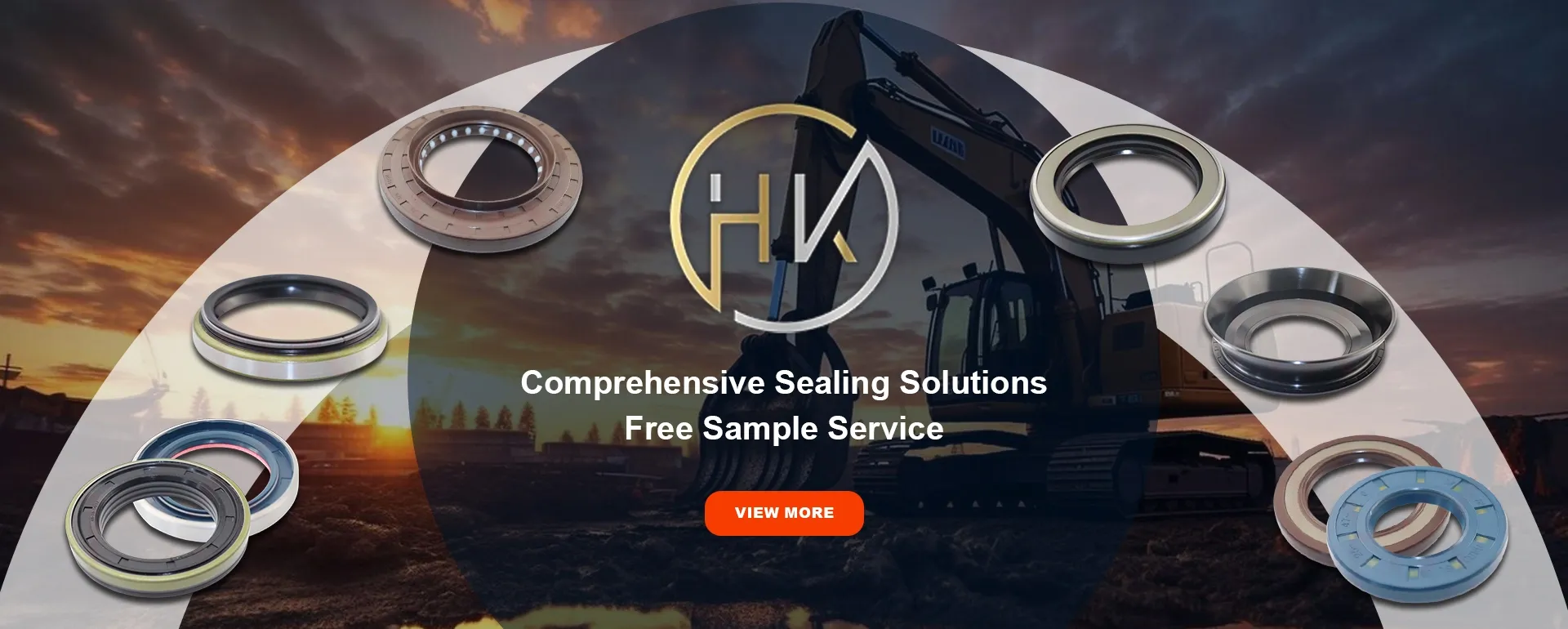Nov . 11, 2024 01:39 Back to list
Understanding the Importance of Oil Seals in Mechanical Applications and Maintenance Techniques
Understanding Oil Seals Importance, Types, and Applications
Oil seals, often referred to as lip seals or rotary seals, are essential components in various mechanical systems. They play a crucial role in preventing the leakage of lubricants and protecting machinery from contaminants such as dust, dirt, and moisture. By ensuring a sealed environment, oil seals enhance the efficiency and longevity of machines, making them invaluable in automotive, industrial, and agricultural applications.
The Importance of Oil Seals
In numerous engineering applications, oil seals help maintain adequate lubrication by preventing oil or grease from escaping the system. This is particularly critical in rotating equipment where friction and wear can lead to premature failure. Without proper sealing, lubrication might diminish over time, leading to increased wear, overheating, and, eventually, catastrophic failure of components.
Furthermore, oil seals protect sensitive components from external contaminants. Dust, water, and other foreign particles can significantly affect the performance of machinery. By providing a barrier against these elements, oil seals ensure that the internal components operate under optimal conditions, thus prolonging the lifespan of the equipment.
Types of Oil Seals
Oil seals come in various shapes, sizes, and materials, tailored to meet the specific requirements of different applications. The most common types include
1. Standard Oil Seals These are typically made of elastomeric materials like rubber or silicone. They can be designed for static or dynamic applications, where they maintain their sealing effectiveness even under varying pressure and temperature conditions.
2. Metal-Stocked Seals Comprising a metal casing with an elastomeric lip, these seals offer enhanced durability and a robust sealing action. They are often used in heavy-duty applications such as heavy machinery or automotive differentials.
3. V-Ring Seals Unlike standard oil seals, V-rings are designed to handle axial movement. They are primarily used in applications where space is limited and offer sealing on axial shafts.
oil seal

4. Hydraulic Seals Specifically designed for hydraulic systems, these seals are made to withstand high pressures and offer excellent resistance against hydraulic fluids.
5. Mechanical Seals While not a traditional oil seal, mechanical seals provide sealing for pumps and other rotating equipment. They employ two flat surfaces that are pressed together to prevent leaks in liquid handling applications.
Applications of Oil Seals
Oil seals are present in a multitude of applications across various industries. Here are a few significant sectors where oil seals are indispensable
- Automotive Industry Oil seals are found in engines, transmissions, and differentials. They ensure that oils are contained within these components, preventing leakage and protecting against the intrusion of contaminants.
- Industrial Equipment In manufacturing machinery, oil seals prevent lubricant loss from bearings and moving parts, enhancing operational efficiency. They are essential in conveyor systems, pumps, and turbines.
- Agricultural Machinery Tractors and other farming equipment often employ oil seals to protect critical components from harsh environmental conditions and to retain lubricants, ensuring optimal performance during operation.
- Aerospace Applications In the aviation industry, oil seals are employed in engines and other critical components where reliability is of utmost importance. They must withstand extreme pressures and temperature fluctuations.
Conclusion
In summary, oil seals may be small components, but their role in machinery is pivotal. They help maintain lubrication, prevent leakage, and protect against contamination, thereby enhancing the performance and longevity of various systems. As technology advances, the design and materials used in oil seals continue to evolve, meeting the rigorous demands of modern engineering. Understanding the types of oil seals and their applications can aid engineers and technicians in selecting the right seal for their specific needs, ultimately ensuring the reliability and efficiency of their equipment. Whether in automotive, industrial, or agricultural settings, oil seals are an integral part of maintaining smooth and effective operation.
-
The Trans-formative Journey of Wheel Hub Oil Seals
NewsJun.06,2025
-
Graphene-Enhanced Oil Seals: Revolutionizing High-Pressure Oil Sealing
NewsJun.06,2025
-
Future of Hydraulic Sealing: Advanced Intelligent TCN Oil Seals
NewsJun.06,2025
-
Don’t Let a Broken TCV Oil Seal Ruin Your Day
NewsJun.06,2025
-
Bio-Inspired Dust Seals for Better Sealing Performance
NewsJun.06,2025
-
Biodegradable and Sustainable Hydraulic Seal Materials
NewsJun.06,2025
-
Top Oil Seal Solutions for Your Industrial Needs
NewsMay.22,2025
Products categories
















